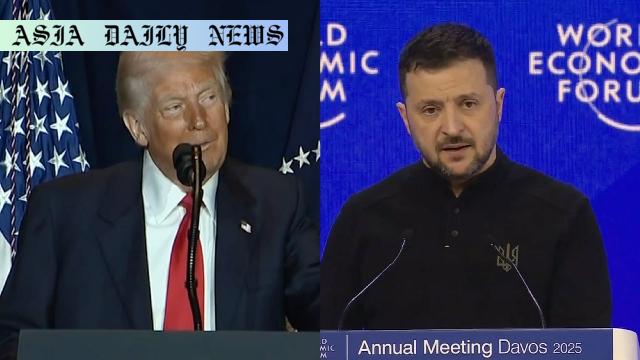Minerals: Ukraine agrees to contribute 50% of state mineral proceeds to a special fund; US drops demand for $500 billion revenue share.
- US and Ukraine finalized an agreement on strategic minerals.
- Ukraine will allocate 50% of state mineral earnings to a fund.
- No US security guarantees were included in the deal.
- The agreement dropped earlier $500 billion revenue demands.

Introduction: Strategic Minerals at the Forefront
The United States and Ukraine have come to a consequential agreement involving Ukraine’s mineral resources, a move that signifies the growing strategic importance of minerals in geopolitics. The deal, however, has been marked by its controversies, including the exclusion of US security guarantees Ukraine had been seeking. This article explores the details of the agreement, the factors influencing its terms, and the broader implications for both countries.
Key Provisions of the US-Ukraine Minerals Deal
A central component of the agreement is Ukraine’s commitment to allocate 50% of future proceeds from its state-owned mineral resources to a designated special fund. This provision replaces an earlier US demand for $500 billion in potential revenue, a stipulation that had been a major sticking point in the negotiations. While the concession has cleared the path for agreement, it sparks questions regarding Ukraine’s negotiation position and its economic sovereignty.
Exclusion of US Security Guarantees
One of the most significant omissions in the deal is the lack of US security guarantees for Ukraine, despite Kyiv’s consistent push for such arrangements. The absence of these guarantees leaves Ukraine vulnerable amidst escalating geopolitical tensions. Observers note that this could impact Ukraine’s efforts to solidify its alliances with Western powers, raising concerns about how this decision will influence the nation’s relations with the United States moving forward.
The US Mineral Demand Landscape
The agreement underscores the US’s increasing focus on securing access to critical minerals, particularly rare earth elements that play key roles in tech and defense industries. President Donald Trump’s administration has strongly emphasized the importance of reducing dependency on China for rare earth supplies, aligning this deal with broader US strategic goals. However, the heavy focus on mineral procurement without security guarantees raises ethical and diplomatic questions about the equity of such deals.
Ukraine’s Decision Amid Pressures
From Ukraine’s perspective, the decision to proceed with the agreement reflects a pragmatic attempt to safeguard economic priorities and international alliances. By agreeing to allocate mineral proceeds and drop earlier opposition to US demands, Ukraine demonstrates a commitment to maintaining positive ties with Washington. Nevertheless, questions remain about whether the concessions made in the deal could curtail Ukraine’s economic independence in the long term.
Broader Geopolitical Implications
This minerals agreement is emblematic of the shifting dynamics in global geopolitics, where resources like rare earth elements take center stage. The deal illustrates the complexities of balancing economic agreements with national security concerns, especially for resource-rich but politically vulnerable nations like Ukraine. It also highlights the growing influence of resource diplomacy in international politics, a trend likely to define relations between major powers in the years to come.
Outlook and Unresolved Challenges
While the minerals agreement provides an immediate economic benefit for Ukraine and advances US strategic goals, it falls short of addressing key issues. The exclusion of security guarantees leaves Ukraine in a precarious position, and the long-term implications of the deal on its economic sovereignty remain to be seen. Both nations will need to navigate these unresolved challenges carefully to ensure mutual benefits without straining their bilateral relationship further.



Commentary
Importance of Mineral Agreements in Global Politics
The US-Ukraine minerals agreement highlights the growing importance of resources like rare earth elements in shaping global political agendas. As nations aim to secure their technological and industrial dominance, such agreements are becoming increasingly pivotal. This deal reflects not only the strategic priorities of the US but also the pressing economic needs of Ukraine, which is navigating a challenging geopolitical landscape.
Concerns About Power Dynamics
What stands out in this deal is the apparent imbalance in power dynamics. While economic benefits are explicitly outlined, the absence of security guarantees raises questions about the fairness of the arrangement. For Ukraine, agreeing to such terms may signal a willingness to compromise on long-standing demands for security assurances to keep the US engaged. This raises concerns about the price nations like Ukraine might pay in broader geopolitical bargains.
Future of US-Ukraine Relations
As this agreement unfolds, it will be crucial to observe how it influences the trajectory of US-Ukraine relations. Despite the compromises made, Ukraine’s readiness to strike a deal underlines its commitment to maintaining strong ties with the US. Whether this will lead to further collaboration or friction remains uncertain, but the deal has undoubtedly added a new dimension to their bilateral interactions.